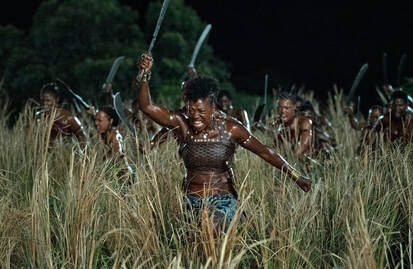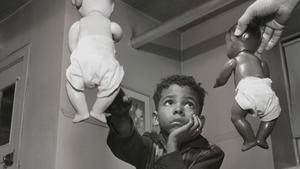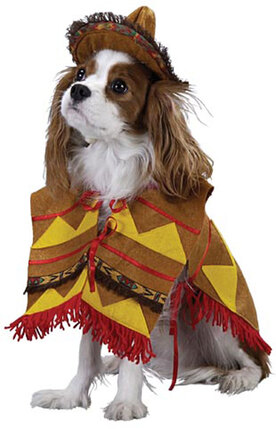 By: Dr. Calenthia Dowdy, ROJ Trainer Deep anticipation was what I felt rising inside me as I sat in my seat at the movie theater Friday night of The Woman King. It was opening weekend and I was determined to be in that number. Knowing that this story was not fictitious but was based in the fact of a real woman warrior group called the Agojie made me swell with a bit of pride. Set in the 1800s Dahomey kingdom of West Africa where the Agojie, an elite military regime of women take part in protecting their kingdom. The Agojie existed circa 1600-1904 as one of only a few known all-female military units in the world. Also known as the Dahomey Amazons, from the kingdom which thrived during the 18th and 19th centuries in what is now modern-day Benin. The film did not disappoint. It was epic, cinematically stunning, filmed in South Africa, along the coast of KwaZulu-Natal and Cape Town. The warrior women are portrayed as strong, agile, smooth-bodied, and beautiful. Viola Davis plays the formidable Nanisca, General of this women’s army, whose primary task is to train the next generation of woman warriors. And that she does.
1 Comment
Last week, PBS premiered a new documentary on racism as part of the Independent Lens program. The one-hour film, American Denial, uses the 1944 investigation of Swedish intellectual Gunnar Myrdal into “America’s race problem” as a way to highlight the disconnection between the stated values of US society (it’s citizens as well as its founding documents) and the lived reality of people of color. It provides a succinct, non-jargon-y entry into some key points of antiracist analysis, including internalized inferiority and superiority. It is available to view in full at the above link until May 24, 2015.
Each of the last couple of years, Halloween time sees a number of flow charts getting passed around through social media helping people answer the question, “Is this costume racist?” These are helpful to an extent, and usually add enough humor to help them spread. But their medium limits their analysis. Jenée Desmond-Harris has contributed some great analysis on The Root, last year and this year. In addition to pointing out that one needs to consider a costume’s effects on others and not only the wearer’s intent, she also comments on the “I’m-just-having-fun” response. That kind of defensiveness is a symptom of the very attitude that stifles productive conversation about race for the other, noncostumed 364 days out of the year, says David J. Leonard, associate professor in and chair of the department of critical culture, gender and race studies at Washington State University, Pullam. “It just reflects how we talk about race in contemporary society,” he says. “It reflects the overall belief that race doesn’t matter, or that it only matters when people of color — who are accused of being overly sensitive, or ‘playing the race card’ — bring it up.”
In case you thought that Halloween costumes that play on racist stereotypes were just a thing for 8-year-olds and college students, Sociological Images reminds us that they are for your pet also.
A couple things making the rounds of the Interweb these days have to do with gender stereotypes in children’s books marketed for boys and girls separately. Such as:
|
AuthorRoots of Justice trainers and friends share reflections on historical and current events Archives
April 2024
Categories
All
|
© Roots of Justice, Inc. All rights reserved.




 RSS Feed
RSS Feed